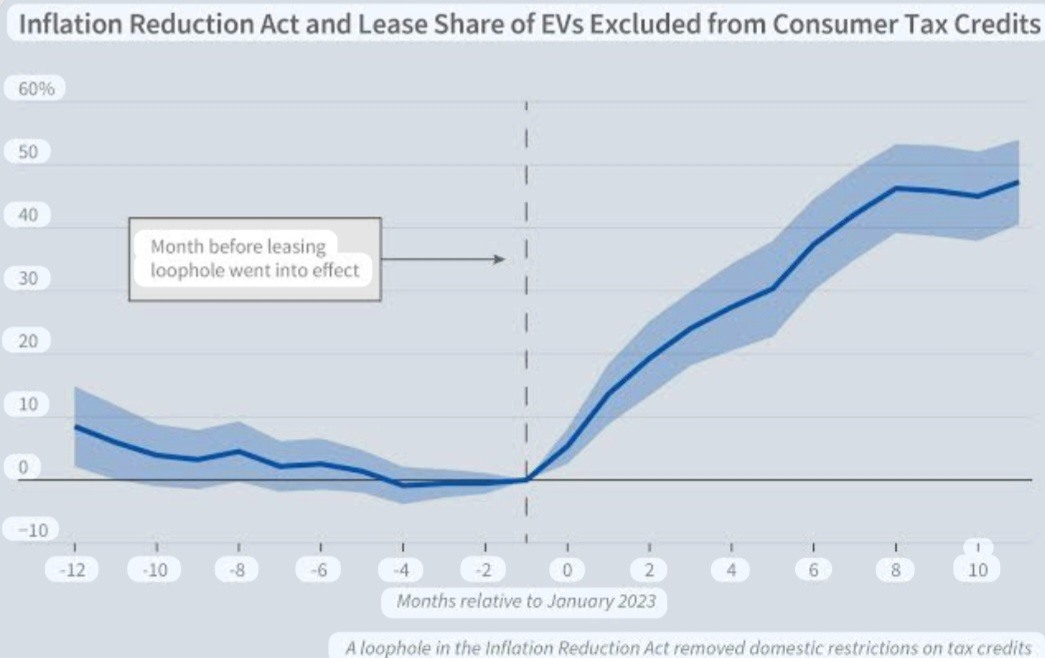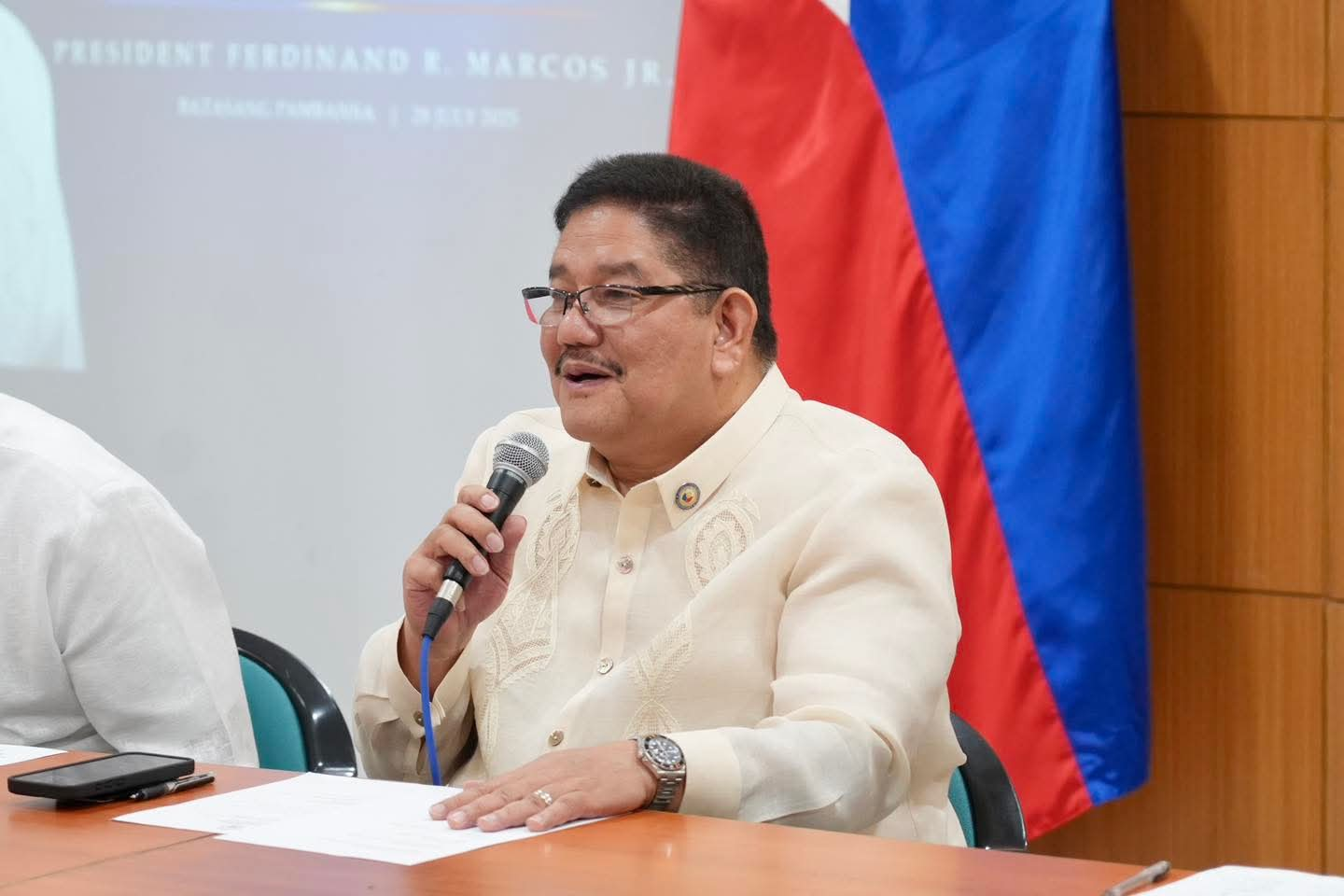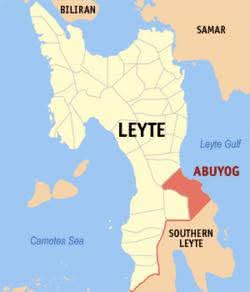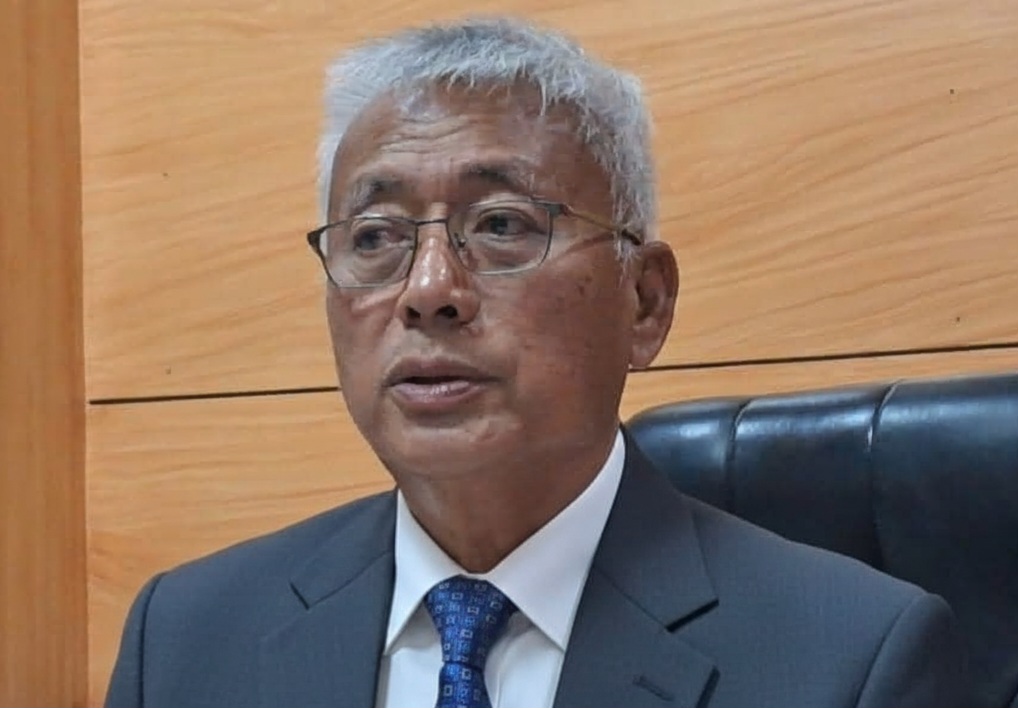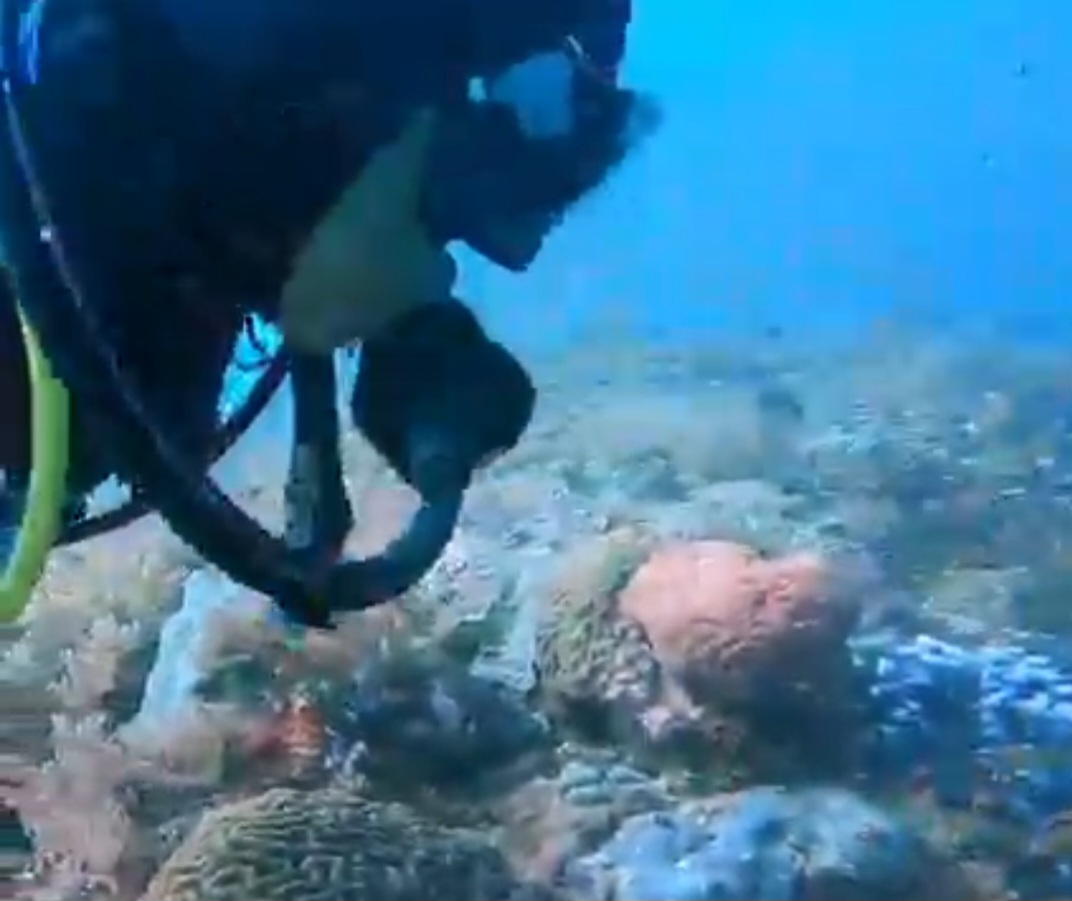
by Miriam G Desacada
Maasin City– The communitieof Panaon Island have relied almost entirely on the sea for their food, income, and identity. With the impendingdeclaration of Panaon Island as a protected seascape, its biodiverse fisheries and marine resources will be able to sustain the present and future generations living in the island.
“We are optimistic about the benefits that protecting Panaon Island will bring to its local communities. As fish stocks continue to dwindle and the effects of climate change and overfishing become harder to ignore, the island’s residents are being offered a new path towards sustainability: science-backed livelihood alternatives that reduce pressure on the ocean while creating new economic opportunities for communities,” said Von Hernandez, Oceana’s Vice President.
While awaiting President Ferdinand Marcos Jr.’s signature to enact the Panaon Island Protected Seascape (PIPS) bill, Oceana has been helping the national and local governments consult with local communities. This process of developing the PIPS Management Plan is highlighting important insights for stakeholders and will establish a foundation for their future.
Mayor Ricarte A. Estrella’s appeal to President Ferdinand Marcos Jr. regarding the Panaon Island Protected Seascape Bill:
“We urge you, Mr. President, to promptly sign the Panaon Island Protected Seascape Bill into law. This legislation will ensure the protection of our ocean and marine resources, enabling effective enforcement against illegal fishing activities. Unfortunately, our area has been encroached upon by outsiders, and we’ve caught several fishermen from other areas engaging in destructive practices. Last year alone, we apprehended three such fishermen. Signing this bill will be a significant step towards safeguarding Panaon Island’s rich biodiversity and promoting sustainable resource management. We believe this law will greatly benefit our community and preserve the island’s ecological treasures for future generations.” He said.
Through the initiatives of the Department of Science and Technology (DOST)–Southern Leyte, and in close coordination with local governments, science institutions, and fisherfolk groups, a range of community-based projects is being implemented under the province’s “Blue Economy” agenda. This emerging strategy prioritizes the sustainable use of marine resources while preserving biodiversity and improving human well-being.
“Panaon embracing the Blue Economy is giving science, technology and innovation the opportunity to turn our seas into sources of hope, livelihood and lasting progress for the people of Southern Leyte,” said Dr Ramil Uy, Provincial Science and Technology Director of DOST Southern Leyte.
Among the key livelihood alternatives being proposed are sea cucumber ranching, sandfish cultivation in Liloan and San Francisco, and squid processing in Pintuyan.
These initiatives are part of the province’s broader SPEED-SL (Science and Technology Programs to Enhance Economic Development of Southern Leyte) strategy, which combines innovation, community empowerment, and resource sustainability.
“Panaon Island is living proof that sustainable livelihoods and healthy marine ecosystems can go hand in hand. By equipping communities with science-based alternatives to their main livelihoods, we not only protect biodiversity but also empower people to thrive without harming the very ecosystems they depend on,” Hernandez said.
The PIPS bill seeks to establish a legal framework for long-term conservation while permitting sustainable use zones and community-based resource management. When signed, it would formalize protection measures, strengthen enforcement against illegal fishing, and institutionalize support for alternative livelihoods. –Miriam G.Desacada

